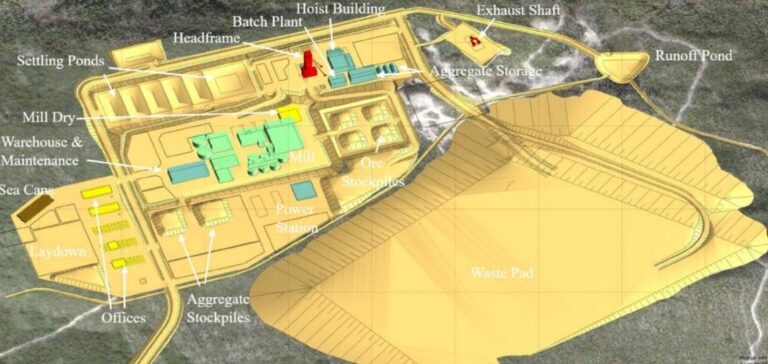Against a backdrop of prolonged shortages of physical uranium, NexGen Energy Ltd. has secured a significant purchase of 2,702,410 pounds of natural uranium concentrate (U3O8) for a total of US$250 million. This transaction with MMCap International Inc. SPC, based on the average UxC market price over the last five days, illustrates NexGen’s responsiveness to the growing constraints of global supply.
Financial and Strategic Consolidation
To finance this uranium purchase, NexGen opted to issue convertible unsecured debentures for an equivalent amount, underlining a bold, future-oriented financial strategy. These debentures, convertible into approximately 23 million common shares, represent about 4.3% of the company’s issued and outstanding shares. This strategic financial move is designed to strengthen NexGen’s balance sheet, with post-transaction cash and uranium assets amounting to nearly C$930 million.
Strategic implications for NexGen
NexGen CEO Leigh Curyer emphasized that this strategic purchase not only enhances the company’s negotiating capabilities, but also optimizes the project financing structures under consideration. This renewed commitment to transparency and community integration, particularly in Saskatchewan and Canada, marks a turning point for NexGen, strengthening its influence in the global nuclear sector and its contribution to global clean energy.
Strengthening Strategic Alignment Provisions
In connection with the debenture issue, NexGen also entered into an investor rights agreement with MMCap, including voting, non-aggression and sale and transfer restriction provisions. This underlines NexGen’s commitment to maintaining strong governance and aligning its strategic interests with those of its investors, ensuring greater stability and confidence for stakeholders.
NexGen Energy’s strategic uranium acquisition highlights proactive management of critical resources in a tight global market. By strengthening its balance sheet and securing its uranium supply, NexGen is well positioned to meet the capital needs of its future projects, notably the development of the Rook I project, while affirming its role as a leader in the supply of clean, sustainable energy.






















